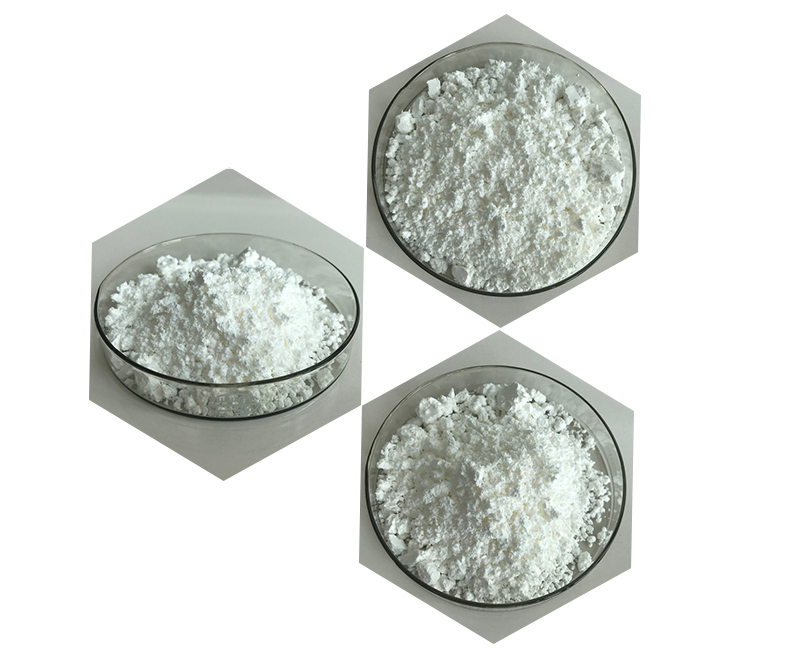L-Carnosine is a dipeptide, which means it consists of two amino acids linked together. The basic structure of L-Carnosine is composed of the following two amino acids:
Beta-Alanine: Beta-alanine is a non-essential amino acid, which means that the body can produce it on its own. It plays a key role in the synthesis of carnosine.
Histidine: Histidine is an essential amino acid, meaning it must be obtained through the diet since the body cannot produce it in sufficient amounts. It combines with beta-alanine to form L-Carnosine.
When beta-alanine and histidine join together through a peptide bond, they form L-Carnosine. This dipeptide is naturally found in various tissues of the human body, particularly in high concentrations in muscle tissue.
L-Carnosine is also available in supplement form for those who may want to increase their intake for specific health reasons. It is believed to have antioxidant properties and potential benefits for various aspects of health, including supporting muscle function and reducing oxidative stress.

Efficacy and effects of L-Carnosine
L-Carnosine is a dipeptide composed of two amino acids, beta-alanine and histidine. It is naturally found in high concentrations in skeletal muscle, brain, and other tissues. L-Carnosine has been studied for its potential health benefits, and here are some of its reported effects:
1.Antioxidant Properties: L-Carnosine is known for its antioxidant effects, helping to neutralize free radicals in the body. Free radicals are unstable molecules that can cause cellular damage and contribute to the aging process and various diseases.
2.Anti-Aging: Some studies suggest that L-Carnosine may have anti-aging properties. It is believed to protect cells from damage caused by oxidative stress, which plays a role in the aging process.
3.Brain Health: L-Carnosine is found in high concentrations in the brain, and it has been studied for its potential neuroprotective effects. It may help protect against age-related cognitive decline and neurological disorders.
4.Muscle Function: L-Carnosine is involved in the regulation of muscle pH levels during intense exercise. It may help buffer the buildup of lactic acid, potentially delaying the onset of muscle fatigue.
5.Glycation Inhibition: L-Carnosine has been investigated for its ability to inhibit glycation, a process where sugar molecules bind to proteins, leading to the formation of advanced glycation end-products (AGEs). AGEs are associated with various age-related diseases.
6.Wound Healing: Some studies suggest that L-Carnosine may play a role in promoting wound healing and tissue repair.

7.Eye Health: L-Carnosine has been explored for its potential benefits in maintaining eye health. It may help protect against oxidative damage and support the health of the lens.
It’s important to note that while some studies support these potential benefits, not all findings are consistent, and more research is needed to fully understand the mechanisms and effectiveness of L-Carnosine in various health contexts. Additionally, individual responses to L-Carnosine supplementation may vary.
As with any supplement, it’s recommended to consult with a healthcare professional before starting a new regimen, especially if you have pre-existing health conditions or are taking medications.
